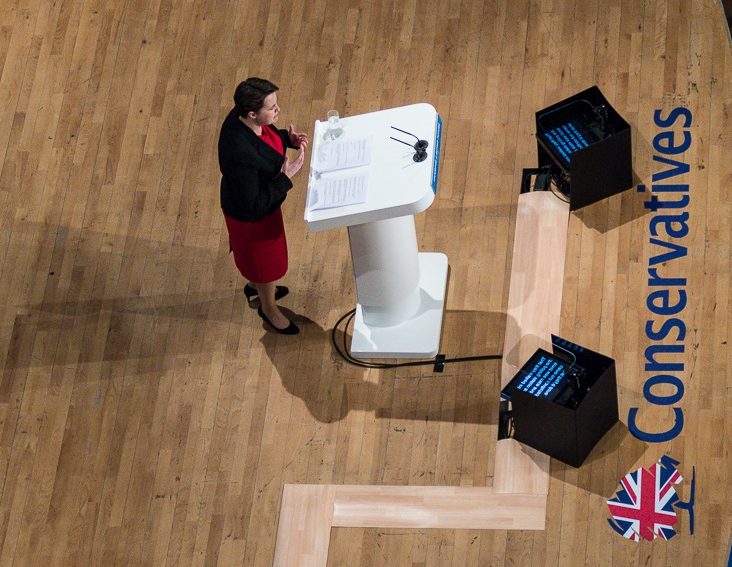In a sound bite no doubt prepared for the increased majority that never was, Nicola Sturgeon hailed the SNP’s third consecutive Holyrood victory as “historic”. Historic in the sense of posterity, yes; but that qualified victory was far from the most seminal result of an election whose lessons and consequences will affect the whole of Britain.
Everyone in Scotland was a winner of some sort last Thursday night. The SNP remain in government. The pro-independence Scottish Greens are up from two seats to six. The Liberal Democrats’ seat count remains, against the odds, at five. The Scottish Conservative and Unionist Party soared into second place. Everyone was a winner except, that is, Labour. The party now has less than a fifth of the seats in the house it built.
Labour’s failure in the Scottish elections should chill the spines of Corbyn and his supporters. But it doesn’t. Successes in London, Bristol, and Wales can mask the worst local election results of any new opposition leader since the War; but it is in Scotland that the damage from Labour’s leftward lurch can be best assessed.
Remember the autumn of 2015. With the constituency map of Scotland dowsed in yellow and some polls putting the SNP on 60 per cent ahead of the Holyrood elections, it seemed to follow that if the Scots are left-wing, and the SNP are left-wing, then Corbyn’s being left wing could redeem a lapsed Labour heartland. It didn’t happen. Not only did it not happen, but Labour’s fall was mirrored almost exactly by the Tories’ rise in many areas. It’s no longer just the SNP who are eating into Labour’s electorate. Their weak stance on the independence question and threatened tax rises did more to help the Conservatives than Labour. If that’s the case in a part of the country that John Smith once hailed as more moral than its southern neighbour, then not only will righteous Labour struggle to win in heathen England, but it will struggle to win at all in 2020 without the cohort of Scottish MPs on which it could once rely.
Labour may have reason to be discomforted by the Scottish elections, but the UK as a whole, and Scotland in particular, should be able to breathe easy for the meanwhile – hopefully. Despite multiple promises to make the 2014 independence referendum a “once in a generation/lifetime” affair, the miraculous apparition of the wrong result deemed all such promises void before the will of the Scottish people. But just as the will of the Scottish people had prevented a break up in 2014, it halted an SNP majority in 2016. Despite what Sturgeon may blusteringly insist, she has no clear mandate for a second referendum; and with oil revenue plummeting, promised powers for Holyrood delivered, and Britain still in the European Union – for now – that may just suit her fine.
The night’s greatest success – and surprise – was for Tories. Before the election, some had predicted they would grasp second place, but only by default against a collapsing Labour. In the event, they more than doubled their representation by storming the regional lists and retaining all their constituencies while bagging two each from Labour and the SNP. They now have four more seats than SNP did prior to 2007. For nearly 20 years, the Scottish Conservatives have prayed for anything better than electoral stagnation: last Thursday, it was given to them and that right emphatically. Just as Dugdale and Corbyn’s Labour could tack left of the broadly centrist SNP and still hit the rocks, the Tories’ success shows that any belief in Scottish exceptionalism needs to be reconsidered. Many Scots still detest the Tories; many who voted for them will have done so reservedly, but as they take the opposition benches, they can no longer be dismissed as an alien force, irrelevant except when it poisons. The centre-left consensus that dominated the Scottish parliament from its creation has been shattered. That a strong alternative to the SNP’s mock-socialist posturing and separatist ambitions has been brought to the fore of Scottish politics is the truly historic result of the night.



